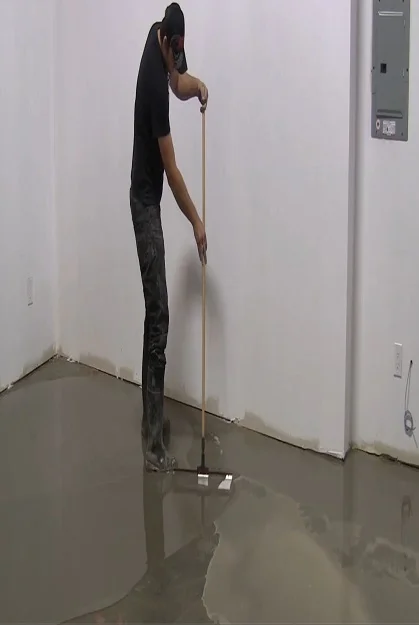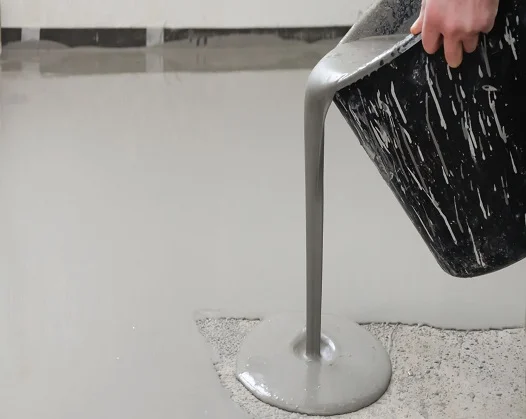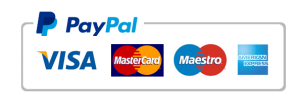Cementitious Self-Levelers: Achieving Level Surfaces with Cement-Based Excellence
Cementitious self-levelers are innovative flooring solutions that have revolutionized the construction industry. These compounds, primarily composed of cement and other carefully selected ingredients, offer a reliable and efficient way to achieve perfectly level surfaces for a wide range of applications. Whether it's preparing a subfloor for the installation of tiles, vinyl, or hardwood, or repairing uneven concrete surfaces, cementitious self-levelers deliver exceptional results.
The composition of cementitious self-leveling compounds typically includes a blend of Portland cement, fine aggregates, water, and additives. The carefully balanced mixture ensures the material remains flowable and self-leveling when poured, eliminating the need for extensive manual leveling and reducing labor costs. Additionally, specialized additives enhance the flowability and self-smoothing properties of the mixture, allowing it to fill in low spots, voids, and surface imperfections effortlessly.
One of the key properties of cementitious self-levelers is their exceptional leveling accuracy. These compounds exhibit high flowability, allowing them to seek out low areas and automatically level themselves, resulting in a smooth and even surface. This level of precision ensures that flooring installations adhere properly and prevents issues such as cracking or uneven wear over time.
Moreover, cementitious self-levelers offer excellent compressive strength and durability once cured. They can withstand heavy foot traffic, impact, and other stresses, making them ideal for high-traffic areas such as commercial spaces, warehouses, or industrial facilities. Additionally, these compounds can be applied in thicknesses ranging from thin overlays to thicker layers, providing versatility in addressing various surface leveling requirements.




